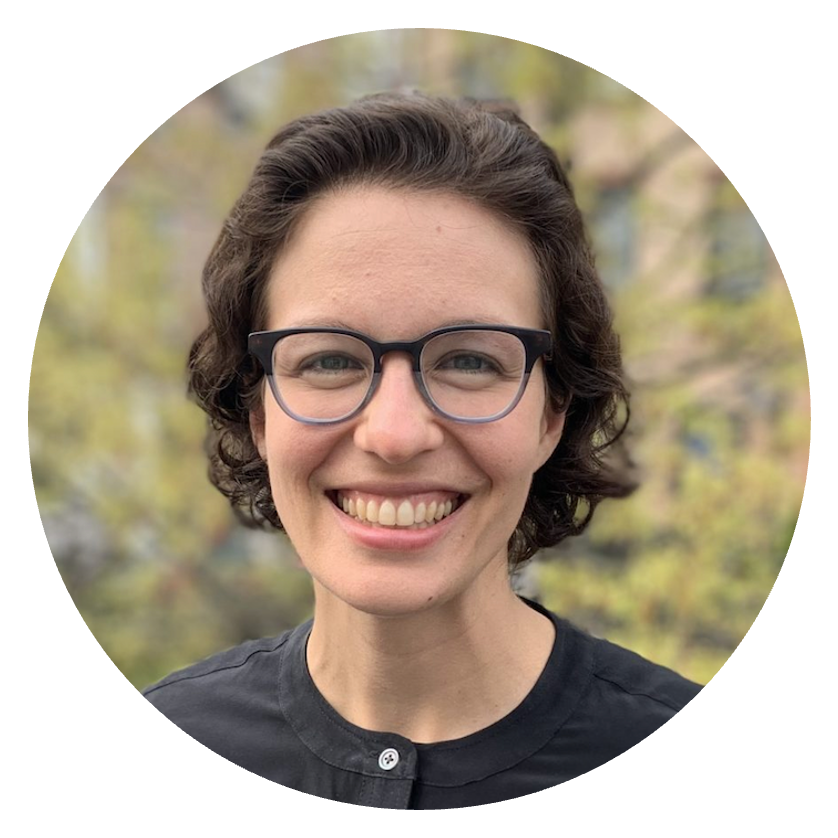Founder’s Five: Alan Forbes, F.I.R.S.T. Institute
October 18, 2024 Founder's FiveFounder’s Five is a continuing series from Tyton Partners that invites education company founders to shed light on…
Founder’s Five is a continuing series from Tyton Partners that invites education company founders to shed light on their own success and illuminate the landscape for other education entrepreneurs and investors by answering five basic questions.
A non-profit organization, Matriculate trains talented college students at top institutions to connect remotely with high-achieving, low-income high school students, providing the information, guidance, and support that these high school students need to navigate the college process.
Advising Fellows serve both as guides in the application process as well as models of matriculation, having successfully enrolled in top colleges themselves. Each Advising Fellow commits to working remotely with up to four high-achieving, low-income high school students through the college application and selection process.
Matriculate works with high school students who have an annual household family income under $80,000, a GPA of 3.5 or higher, and have scored in the 90th percentile on the PSAT, SAT or ACT.
Today, there are more than 800 Advising Fellows across 13 partner colleges and universities. Matriculate is a 501(c)(3) organization and accepts charitable contributions.
 What is your company’s origin story?
What is your company’s origin story?As an undergraduate and then early in my career, I organized college students to tackle major challenges facing our society. When economists Caroline Hoxby and Chris Avery’s study on undermatching came out in 2012, my co-founder, Bryden Sweeney-Taylor, suggested we go to work increasing access and equity in higher education in partnership with college students.
 How will the market be changed by your company’s success?
How will the market be changed by your company’s success?College students have the vision and commitment to change the world—in this case make higher ed more equitable and accessible—and they deliver. With support and structure, college students can serve as allies and virtual guides to high school students across the nation.

We envision a world in which any first-generation
Madeline Kerner,or low-income student who needs a guide can have someone who shows up for them, supports them, believes in them, and helps them navigate the college application and financial aid process.
Together, we can forge a more equitable and accessible higher ed system.
 What do you know now that you wish you had known when you began?
What do you know now that you wish you had known when you began?Getting this to work took time and a lot of resilience. In our first year, many things we tried did not go as we had hoped and at times I felt extremely discouraged. Sometimes I questioned if our approach makes sense altogether. We learned from those struggles and now know how effective college student led virtual advising really is and what a mistake it would have been to stop trying to get better.
 What non-intuitive insight have you gained through this work?
What non-intuitive insight have you gained through this work?Virtual connections can—even these days—hold deep emotional meaning and weight in people’s lives. I think this is good news for our collective ability to build a more equitable society.
 What other education company besides your own do you wish you had started?
What other education company besides your own do you wish you had started?I love the organization Bottom Line. They are deeply impact-oriented, generous in their thinking, and so supportive of their students.
[Editor’s Note: Bottom Line partners with degree-aspiring students from first generation and low-income backgrounds as they get into college, graduate, and go far in life. Its vision is to dramatically transform urban communities by producing thousands of new career-ready college graduates. Bottom Line is also 501(c)(3) non-profit organization that currently serves more than 8,000 students through its two primary programs — College Access and College Success.]